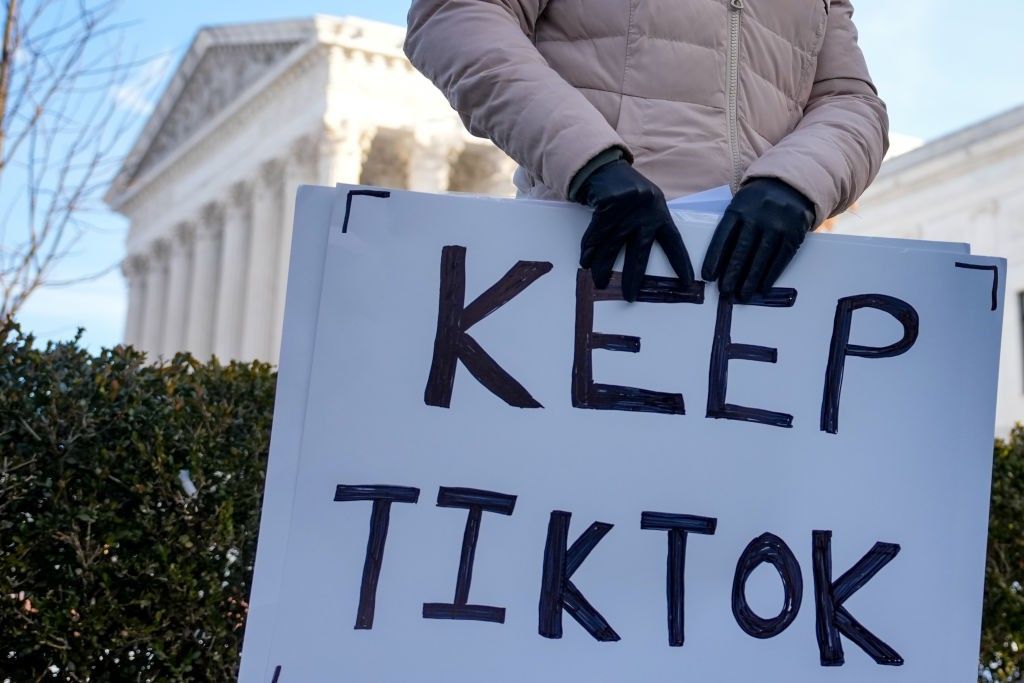KADUNA, Nigeria, Jun 19 (IPS) – Lami Kwasu, a farmer in the village of Kafanchan in Kaduna State, north-central Nigeria, was at home one evening in October 2020 when the sound of sporadic gunshots filled the air.
Gunmen, suspected to be Fulani nomadic herders, had surrounded the village, shooting from different angles.
Kwasu placed her three-year-old son on her back and attempted to run to a nearby bush for safety. But she was shot in the head and went unconscious.
“I woke up in a hospital in Kaduna metropolis two weeks later and was very happy to find out that my son was alive,” she recalled.
Residents who spoke with IPS reported that the attack, which lasted for about four hours, left over 30 houses burned, dozens injured, and over 20 people dead, including Kwasu’s mother, whom the herders butchered to death.
The attackers fled before security operatives arrived in the troubled area.
Kwasu’s ordeal is part of a troubling pattern. In recent years, tensions between farmers and cattle herders have escalated in Nigeria’s north-central states, often referred to as the Middle Belt. This region has witnessed a series of violent clashes. For instance, last year in Zangon Kataf district, Kaduna state, 33 people lost their lives in an attack by Fulani herders on a farming village.
Similarly, in Bokkos district, Plateau state, over 200 individuals were brutally murdered during a herder-led attack on Christmas Eve last year.
According to Human Rights Watch, approximately 60,000 people have been killed and over 300,000 have been displaced across the region due to the conflict. This includes Grace Mahan, who lost her first son during the attack in Bokkos and is now a refugee in one of the 14 refugee camps in the area.
“Everything was destroyed—our animals, our houses—they destroyed everything. I escaped with nothing but the clothes I am wearing,” she told IPS.

Climate Change
Observers say the situation has been triggered by drought linked to climate change in the north. The region’s average yearly rainfall has significantly decreased to less than 600 mm, a stark contrast to the 3,500 mm received in the southern areas. As a result, herders are compelled to migrate southward in search of grazing land for their livestock.
Livestock in Nigeria are growing at a very fast rate, around 20 million—making it one of the world’s largest. The human population is growing too. With a population of more than 200 million, it is the highest in Africa.
The swelling populations of livestock and humans, especially in the north-central region, leaving farmers and pastoralists to compete for very few resources, has resulted in one of the bloodiest conflicts in Sub-Saharan Africa.
The conflict is now spreading to southern states in the country, with mass killings increasingly reported over the past years as herders accuse the local farmers of stealing their cattle, and the farmers blame the herders for trespassing their farmlands and destroying their crops.
Religious Fire Amid Ethnic Tensions
In recent years, the conflict has shifted from being a battle for resources to being interpreted as an ethno-religious crisis between the indigenous ethnic groups in the Middle Belt, who are predominantly Christian, and the Fulani, who are predominantly Muslim and are seen as settlers.
For many Christian groups in Nigeria and outside the country, the attacks have been termed an “Islamic war of expansion”. This view is coming on the backdrop of concerns suggesting that Nigeria is one of the most dangerous places to be a Christian following the rise of jihadist groups and politically motivated killings that have targeted Christians. According to a report, 90 per cent of the nearly 5,000 Christians killed for faith-based reasons last year were in Nigeria.
Even before US Secretary of State Antony Blinken’s visit to Nigeria in February, Christian advocacy and religious freedom groups in the US criticized President Joe Biden’s administration for not including Nigeria on its religious freedom watchlist.
Some Muslims in the North perceive attacks on Fulani communities by Christians as an assault on Islam, prompting calls for retaliation from some quarters.
These clashes, typically occurring in villages, can quickly spiral into violent confrontations between Christians and Muslims in northern towns, leading to devastating consequences.
Muslim groups in Nigeria have consistently denounced the killings perpetrated by both sides, asserting that the attacks are not driven by religious motives.
Underlying Factors
For Oludare Ogunlana, Professor of National Security at Collin College in Texas, the conflict has shifted from a contest for resources to a religious crisis because the government has, for decades, neglected to address underlying factors such as religious tensions, ethno-political crises, poverty, unemployment, and illiteracy that have plagued the region.
While Nigeria is a secular state, religion plays an important role in the country’s politics. Politicians often exploit religious sentiments to attract voters during elections. Socio-political issues swiftly escalate into religious crises, especially in the north-central region. For example, a protest by Christians in Kaduna against the government’s plans to adopt Sharia law in the state in 2000 escalated into a series of conflicts that resulted in the deaths of no fewer than 2000 people.
In the early 2000s, in Jos, Plateau State, following the appointments of government officials along religious lines, there were a series of violence incidents between Christians and Muslims that led to hundreds of deaths.
“Religious intolerance arises as a result of poverty, not just in terms of material possessions but also in terms of ideas. The majority of farmers and herders in the middle belt are relatively poor. Given the existing religious tensions in a region plagued by illiteracy and the government’s inability to address these issues, it is not unexpected that the farmer-herder crisis would now revolve around religion,” Ogunlana told IPS.
Government Negligence
Critics argue that the government is not affording the crisis the requisite attention, despite its efforts to mitigate the killings. In 2019, the presidency proposed grazing camps and cattle colonies nationwide. However, this plan faced opposition from middle belt leaders who viewed it as a strategy to assist herders in seizing land and promoting Islam.
The 2024 annual report from the United States Commission on International Religious Freedom (USCIRF) placed blame on the Nigerian government for its negligence in addressing religious extremist violence.
For Ogunlana, community policing, frequent roundtable discussions with religious and traditional leaders, and creating opportunities to encourage herders to divest into other profitable ventures other than pastoring will help to douse the flames.
He added, “The government has to promote inclusive governance and implement policies that ensure equitable representation and participation of diverse religious communities in the decision-making process at all levels of governance. That can foster trust and a sense of belonging among different religious and ethnic groups.”
Nigeria, despite strict gun control, is a hub for illegal small arms, fueling security issues. The UN reports 70% of West Africa’s 500 million illegal weapons are in Nigeria, perpetuating cycles of violence between farmers and herders.
The Fulani herders’ leadership, Miyetti Allah, claims that herders’ attacks are retaliatory responses to farmers’ alleged cattle theft, while farmers maintain that they are defending their lands.
As the crisis worsens, the scar deepens. Abdulrahman Muhammed, a herder from Bokkos, shared with IPS that after the attack on Christmas Eve, Christian natives seeking revenge attacked numerous Fulani settlements the next day, burning many houses, including his own.
“I managed to escape, but some of my cattle were stolen. I wish there could be a dialogue between the natives and herders to find a way to end the killings,” he said.
IPS UN Bureau Report
Follow @IPSNewsUNBureau
Follow IPS News UN Bureau on Instagram
© Inter Press Service (2024) — All Rights ReservedOriginal source: Inter Press Service





















Discussion about this post